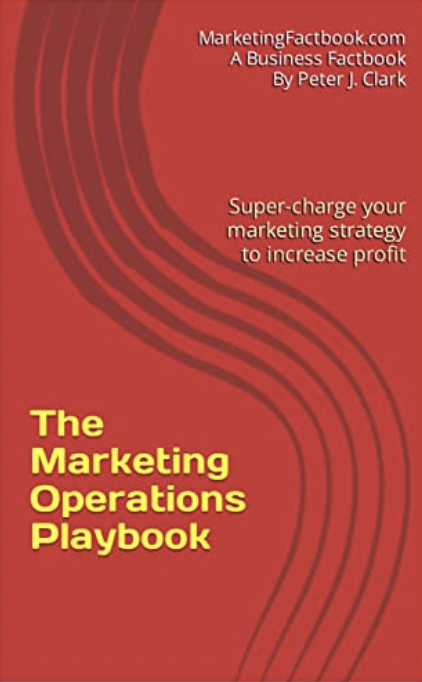Online business readies itself for the 'cookieless world' to come
No third-party cookies... Rethink your media, data and identity
The demise of the third-party cookie is forcing many marketers to completely rethink their ideas about media, data, and identity, according to the 2021 Customer Engagement Report from customer experience management company Merkle.
The report explores data-driven conversations that focus on how businesses are responding to changes in key aspects of customer engagement, including the death of third-party cookies, new strategies required for data and identity, and digital and offline experiences. Merkle surveyed 800 marketing, analytics, and technology executives of major companies from the US and UK on the actions being taken and sentiment felt on these topics.
Craig Dempster, global CEO for Merkle, explained: "This moment is forcing marketers to change, and while it initially burdens us with challenges, it also presents an opportunity for radical transformation. The companies that move quickly and smartly may find themselves in a new position that's more favorable to their customers and way ahead of their competitors."
Ready life without cookies?
The survey results revealed that first-party data is a big area of focus for brands, with 88% of respondents identifying the collection and storage of first-party data as a high priority in the next 6 to 12 months.
The rise of privacy regulations is another big driver of first-party data initiatives, with 52% prioritizing the collection of more first-party data from digital experiences due to regulations. An overwhelming 74% of respondents confirmed they are increasing investment in technology and vendor solutions due to rising data restrictions.
Building data and identity-based experience strategies
When it comes to data driving the customer experience, businesses outlined both integration and technology challenges. Forty-four percent reported an integrated data platform as their biggest gap in delivering real-time, omni-channel personalized experiences.
A large majority, 81%, indicated that having an audience management platform to centralize and activate data across all online and offline channels is either the highest or a high priority.
Other areas of opportunity include customer data platforms, with Analytics and Identity Management being cited as the highest priorities for a successful CDP, as well as private data clean rooms, with 61% reporting increased investment in this area.
Honing digital and offline experiences
The survey also explored customer experience performance across digital and offline. Some 77% of respondents felt they delivered a better customer experience online compared to in-person or over the phone.
When a customer provides feedback or a review, 34% of respondents say that social media is the channel through which the customer is most likely to receive resolution or feedback from the brand.
Less than half (44%) felt their company does very well at capturing and leveraging data to support the customer experience during contactless services. And a majority (76%) stated they do not have full continuity between their brands' online and in-person experiences.
Sources: Merkle / The Marketing Factbook.
Copyright © 2021 - 2025 The Marketing Factbook.
Categorised as:
- Customer Experience
- Knowing The Customer
- Marketing Know-How
- Marketing Technology
